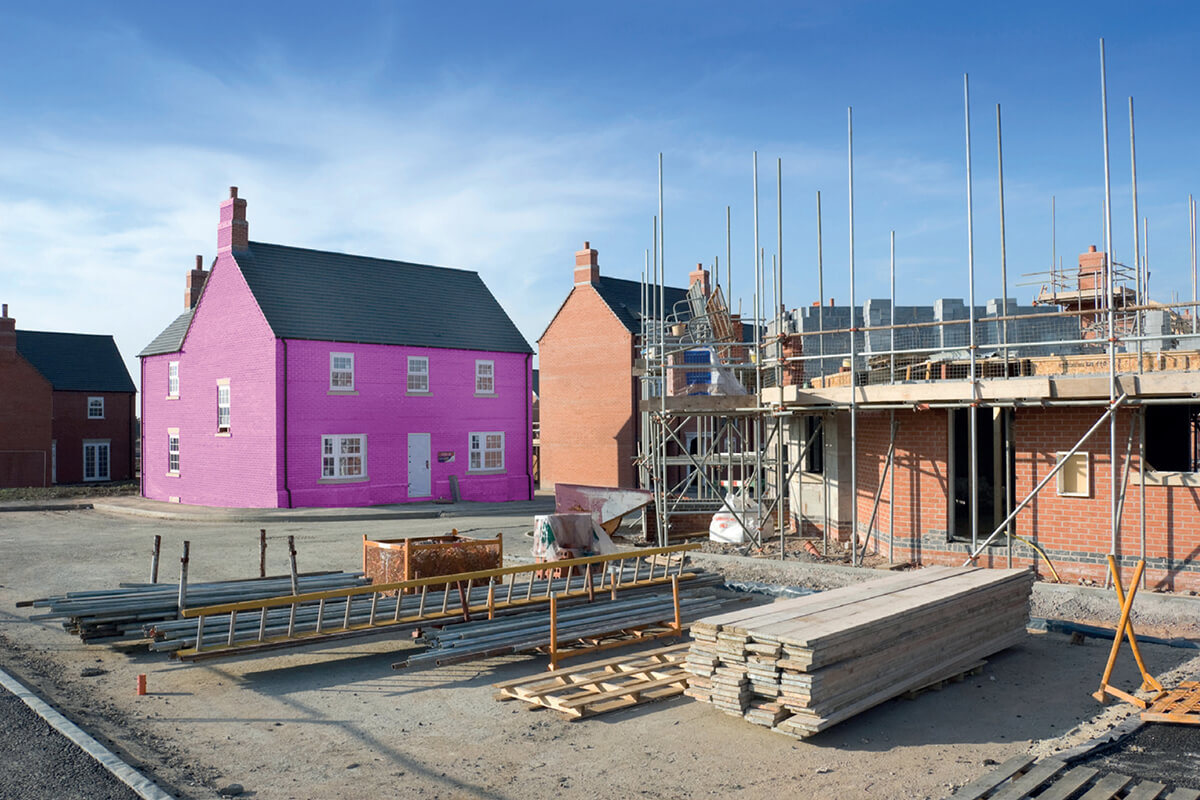The District Councils’ Network has warned that government moves to cap social housing rents well below the rate of inflation will impact on investment in the sector.
The Department for Levelling Up, Housing & Communities today launched a consultation which gives three options for the maximum rent increases to be imposed on registered providers of social housing: 3%, 5% and 7%. This would cover the 2023-24 financial year, at a time when inflation is already in double digits and is expected to rise significantly more.
Under the previous policy, which had been expected to continue until at least 2025, the government had directed the Regulator of Social Housing to impose a limit of the CPI inflation rate plus 1%.
In response, Cllr Sam Chapman-Allen, chairman of the District Councils’ Network, said:
“We recognise that the huge rise in the cost of living is putting enormous pressure on our residents and can therefore fully understand the government’s motivation in seeking to protect some of the poorest people in society from rent increases. Supporting vulnerable residents through the cost-of-living crisis is the top priority of district councils and we are working flat out to help them.
“However, the capping of rents far below inflation at a time local housing authorities face both growing wage pressures and a dramatic increase in the costs of maintenance and new building work will have a dramatic effect on investment in the sector.
“The proposed caps would mean there is less income available than expected to invest in providing crucial housing services, improving the quality of existing housing and the construction of new affordable housing. The irony is that much of this investment is required for energy efficiency improvements which would help protect social housing residents from fuel poverty in the years to come.
“We urge ministers to work with us to find a solution which both offers social housing tenants the support they need immediately and local housing authorities the funding they need to keep their tenants safe and protected from fuel poverty in future.”





